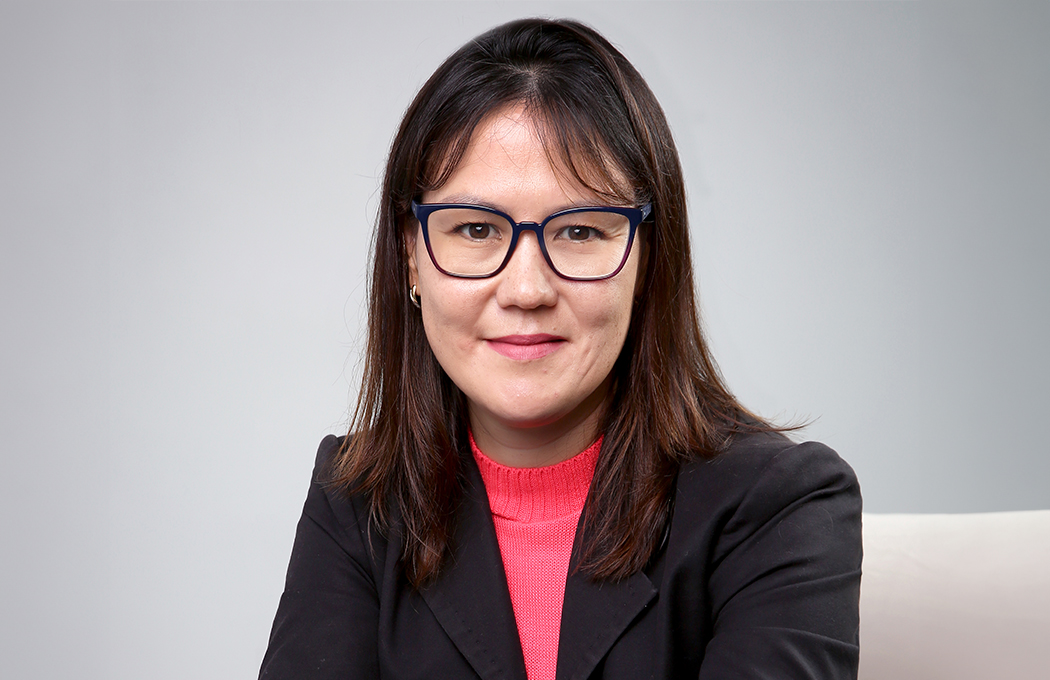Across the United States, industries reliant on complex technical documentation are facing a silent but costly challenge: language precision. As companies expand internationally and teams become increasingly multilingual, the accuracy of translated technical content has emerged as a linchpin for safety, efficiency, and compliance. Yet, too often, these translations are treated as a final task rather than a core component of operational strategy. The consequences are wide reaching, from manufacturing delays to failed audits and compliance breaches, impacting everything from market entry to user safety.
Conecta Global USA LLC, a Florida based company preparing to launch operations in Miami, is entering this high stakes space with a singular goal: to bridge the divide between technical complexity and cultural understanding. The firm will specialize in translation and localization for regulated industries, working with documents where any misinterpretation can lead to real world harm or business disruption. While the company has yet to begin service delivery, its leadership and planned scope reflect a deep understanding of systemic vulnerabilities in technical communication across sectors.
Helena Takahara, the company’s founder, brings more than twenty years of experience to this initiative. Trained as an engineer and later working as a global IT manager at Unilever, she has led operational rollouts across Latin America and Europe. Her background includes not only technical process optimization but also advanced studies in customer excellence and regulatory systems. These diverse roles inform her approach to translation, not as a standalone task but as a cornerstone of service quality, compliance, and trust.
“Every miscommunication in technical documentation has a cost,” Takahara notes. “Sometimes it is financial, other times it is legal or even personal. What we are building is a way to reduce that cost by ensuring the message survives the transition between languages and cultures, especially when it matters most.”
The scope of that impact can be seen in data. In the technology sector, studies have found that 80 percent of software implementation failures are linked to poor documentation, many of which include translation errors. In the pharmaceutical industry, compliance failures due to incorrectly translated labeling or protocols have led to multi million dollar fines and product recalls. Even in education and research, opportunities are lost when key findings are misrepresented due to language issues, making the role of accurate and culturally tuned communication essential.
Conecta Global will target these very vulnerabilities. The company is set to offer services ranging from engineering document translation to crisis communication localization, all with a focus on legal precision, cultural adaptability, and industry alignment. Clients operating in regulated environments such as medical device manufacturers, infrastructure developers, or biotech firms stand to benefit from documentation that not only meets compliance benchmarks but also builds clarity across teams and borders.
Beyond technical output, the company’s long term value proposition centers on capability building. As the U.S. grapples with ongoing labor shortages in key roles like technical translators, regulatory documentation experts, and bilingual service managers, Conecta Global intends to be part of the solution. Through planned training programs and consultative workshops, the firm will aim to equip both internal staff and client side professionals with skills in terminology management, digital translation tools, and international regulatory frameworks.
Takahara’s founding philosophy also draws from lived experience. After a decade of managing cross border IT deployments and leading translation teams, she grew frustrated with the persistent inefficiencies caused by disconnected communication chains. That realization led to the co founding of Conecta Global in Brazil, where she introduced quality assurance protocols and bilingual review models now mirrored in the U.S. entity’s design. With her multilingual fluency and academic grounding in both engineering and service management, she now hopes to raise the bar for what translation can and should accomplish in technical fields.
The company’s potential contribution extends to national economic performance. With the U.S. translation services industry projected to add over 4.6 billion dollars in value by 2025, and with a high industry value added ratio of 43.1 percent, firms like Conecta Global are expected to play a measurable role in both GDP and regulatory resilience. More broadly, their efforts will support U.S. companies looking to grow internationally without compromising safety or service standards.
While the enterprise is still in its early stages, its framework reflects a forward looking understanding of where global business is headed. In a multilingual, digitized, and compliance heavy environment, accuracy is no longer optional. It is central to competitiveness and credibility. For Takahara and Conecta Global, the work ahead involves far more than language. It is about rebuilding trust in the systems that translate technical knowledge into action.

























